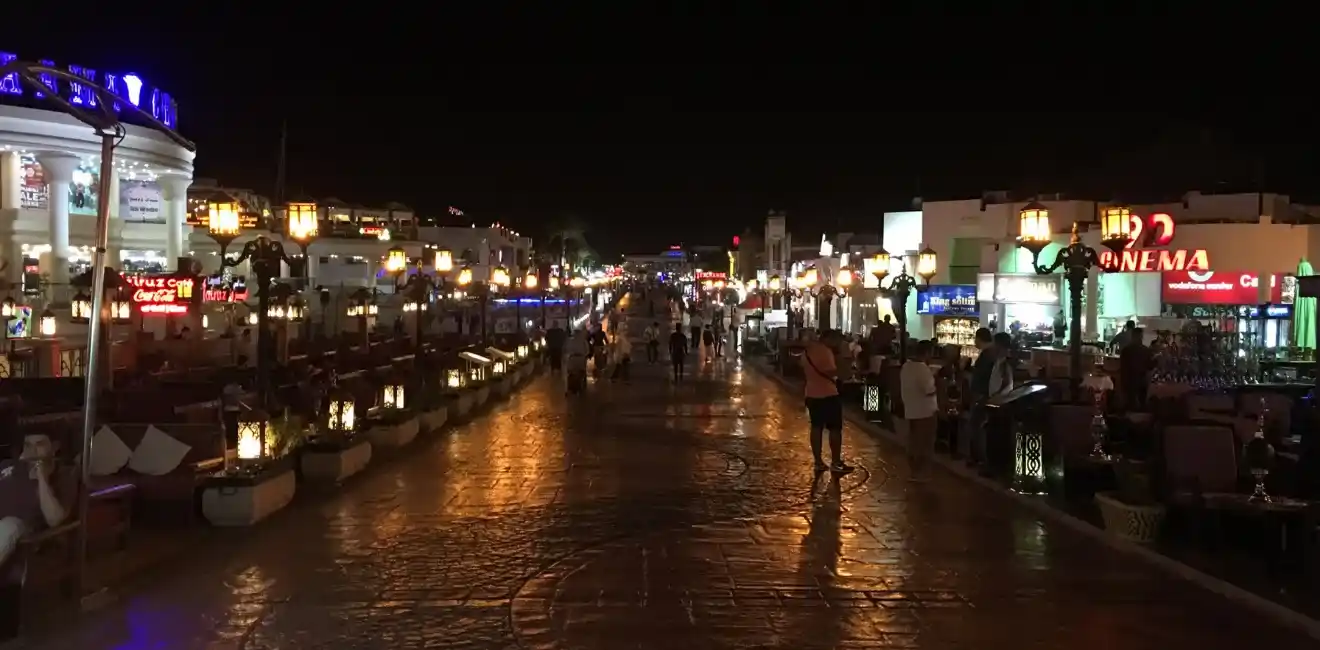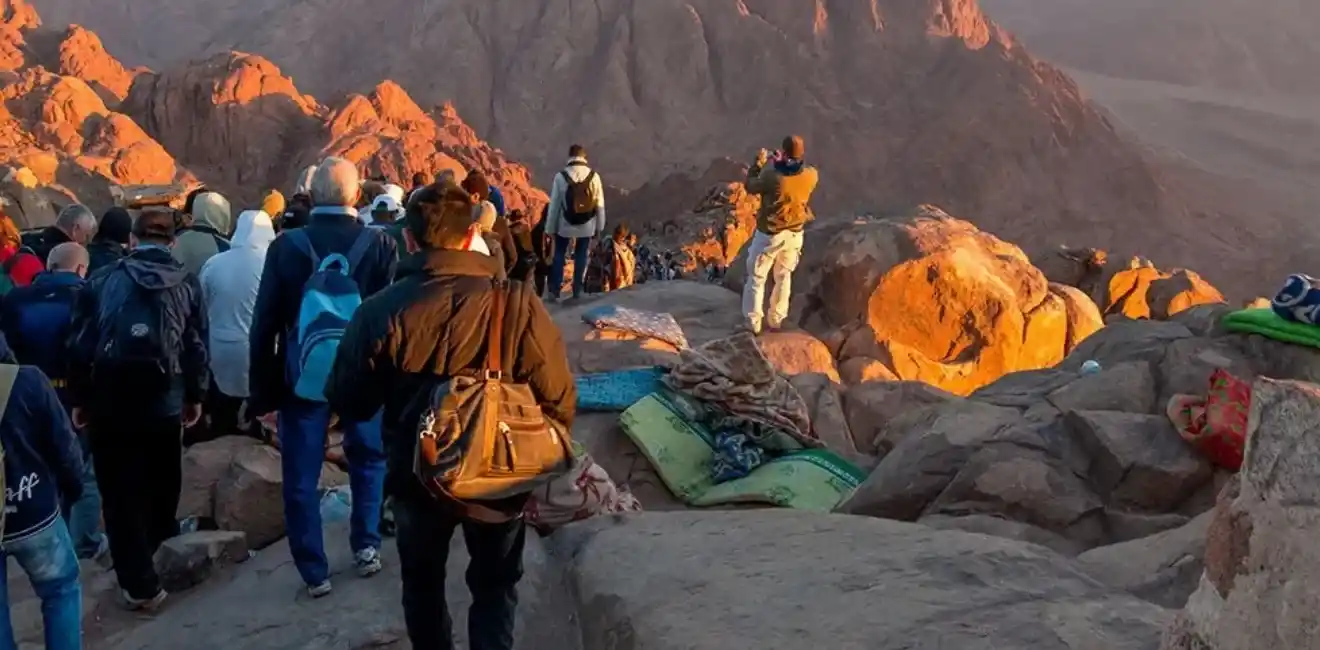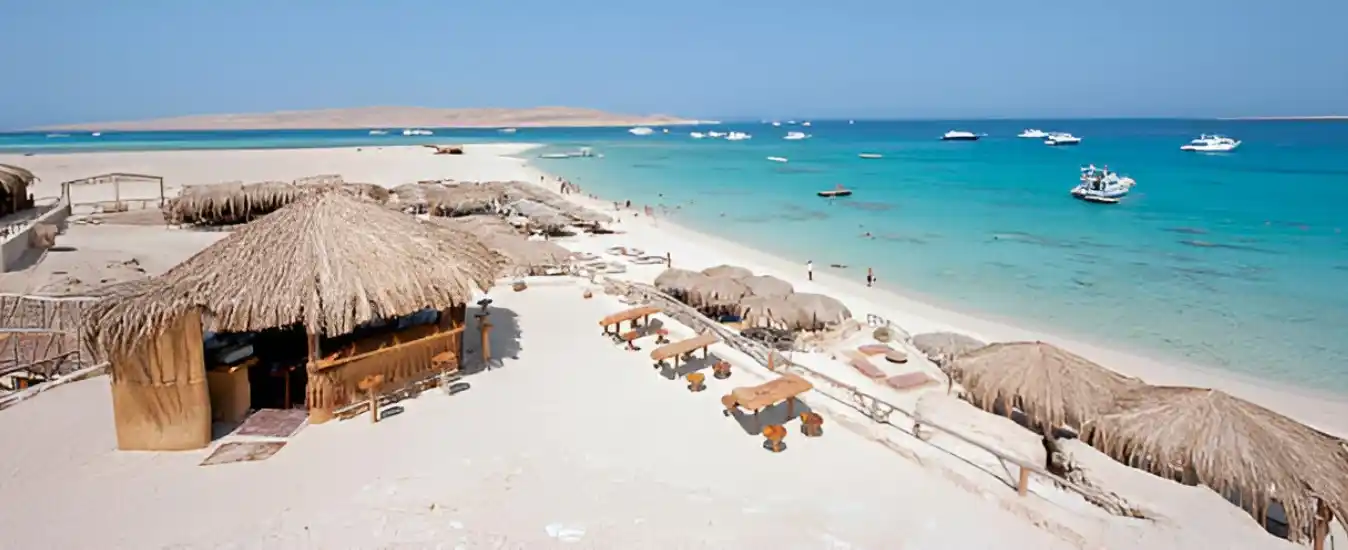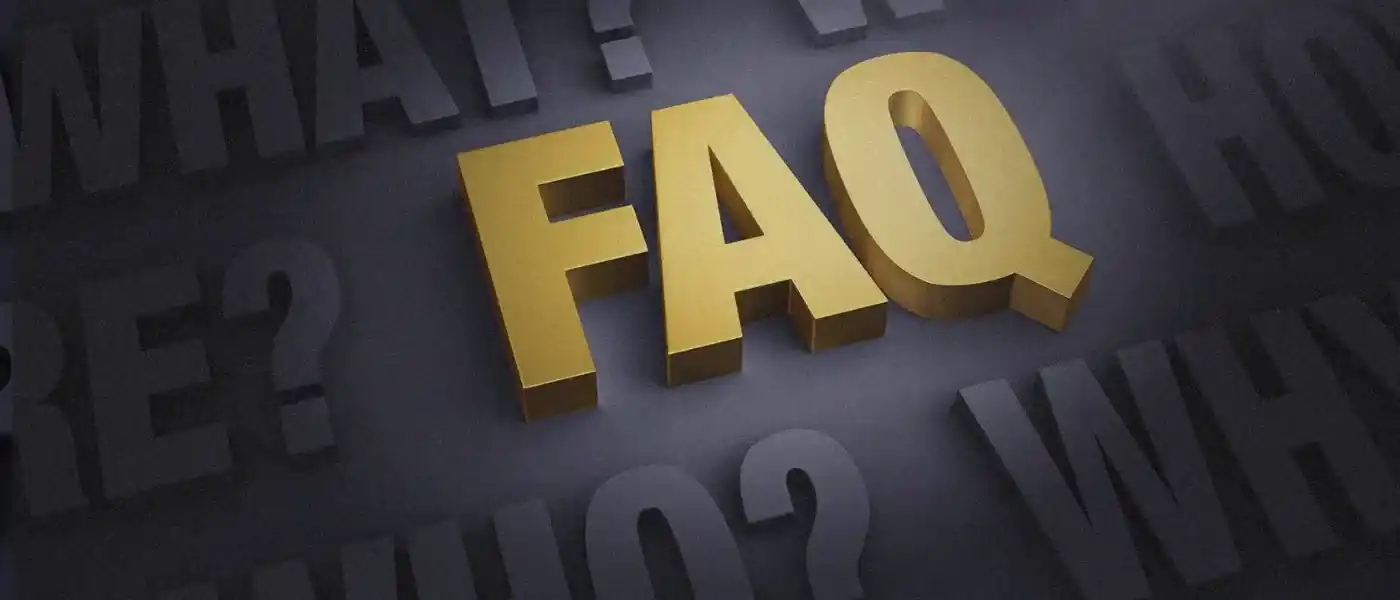Frequently Asked Questions
The Pyramids of Giza, Sphinx, and Egyptian Museum in Cairo are can't-miss spots. Luxor’s Valley of the Kings and Karnak Temple show off ancient splendor. Abu Simbel, Aswan’s Philae Temple, and a Nile cruise also rank high with travelers.
Yes, most travelers need a visa. Many can get one on arrival at the airport for a fee or apply online for an e-Visa before the trip. Double-check Egypt’s official entry requirements before travel as rules can change.
Egypt’s major tourist areas are generally safe, with strong security around popular sites. It’s wise to use a reputable tour company and stay updated on travel advisories from your home country. Avoid wandering off marked tourist paths alone at night.
October to April offers pleasant weather for exploring, with mild days and cool nights. Summer, from May to September, gets very hot, especially in Upper Egypt, so bring sun protection and plan indoor visits for midday.
A classic tour usually lasts about 7 to 10 days, which covers Cairo, Luxor, Aswan, and a Nile cruise. Shorter trips can focus on one area, while two weeks let you slow down and add Red Sea relaxation or desert adventures.
Most guides and hotel staff speak English, especially in tourist areas. Basic greetings in Arabic are appreciated but not required. A phrasebook or translation app helps for shopping and taxis.
Lightweight clothes, sunglasses, and hats are important. Cover shoulders and knees in mosques and conservative areas. Women often wear loose pants, long skirts, and scarves for comfort and respect.
Yes, many tours accommodate families and seniors. Some sites involve walking or stairs, so check accessibility and pace before booking. Operators offer private or custom tours to match different needs.
Egypt offers tasty, fresh dishes like falafel, kebabs, and koshary. Stick to bottled water, choose busy restaurants, and avoid street food with low turnover. Carry hand sanitizer and medications for mild stomach upsets just in case.
Both options work, but first-timers often find group or private tours make sightseeing easier and more secure. Guides handle transport, site entry, and local customs, so you can focus on enjoying the trip.
Major hotels, cruise ships, and bigger shops accept cards, but cash (Egyptian pounds) is best for tips, taxis, local markets, and small eateries. ATMs are common in cities and tourist zones. Carry some small bills for daily use.
Domestic flights quickly link Cairo, Luxor, and Aswan. Trains and private cars are other choices. Nile cruises between Luxor and Aswan double as both transport and sightseeing, with plenty of comfort and fun along the way.
Tipping (baksheesh) is common for guides, drivers, hotel staff, and at restaurants. Small amounts are fine, usually 5-10 percent of the bill or a few Egyptian pounds for porters and cleaners. Some tours include tips, so check in advance.
Bring sunscreen, a wide-brimmed hat, comfy walking shoes, loose clothes, a scarf for sun or visiting mosques, power adapters (Egypt uses 220V), a small backpack for day tours, and a camera. If you’re cruising, pack swimwear and sandals.
Most tour companies offer custom options, from private guides to flexible routes. You can add extra nights, special experiences like hot-air balloon rides, or focus on history, adventure, or relaxation. Ask about packages that match your interests.
A typical Egypt tour lasts 7–10 days, but shorter 3–5 day trips or extended 2-week itineraries are also available depending on your interests.
Yes! Many tours are family-friendly and include activities that are safe, educational, and fun for kids.
EgyptaTours offers both private tours for personalized experiences and group tours for those who enjoy traveling with others.
Our professional guides speak fluent English, and we can arrange guides in other languages like French, Spanish, German, and Italian upon request.
Some sites are accessible, and we can arrange private vehicles and itineraries to accommodate travelers with mobility needs.
Yes. Tourist areas are safe and well-protected, and EgyptaTours takes extra measures to ensure your safety throughout your journey.
Yes, many travelers combine Egypt with trips to Jordan, Dubai, or Turkey. We can help arrange multi-country itineraries.
It’s best to book at least 2–3 months in advance, especially during the peak season from October to April.
Yes, last-minute bookings are possible depending on availability, but we recommend booking early to secure the best options.
Yes, EgyptaTours offers a secure online booking system for fast and easy reservations.
Accommodation ranges from 3-star budget hotels to luxury 5-star resorts and Nile cruises.
Yes, we can customize your stay based on your preferences.
Yes, we can arrange special packages for honeymooners.
It’s located near Luxor and houses tombs of New Kingdom pharaohs.
King Tutankhamun’s tomb was discovered nearly intact in 1922 by Howard Carter.
It was built by Ramses II and relocated in the 1960s to save it from flooding by Lake Nasser.
In Cairo, housing thousands of ancient artifacts including Tutankhamun’s treasures.
The complete collection of Tutankhamun’s artifacts and other treasures from Egypt’s history.
It’s a vast burial ground with pyramids, including the Step Pyramid.
In Edfu, dedicated to the falcon god Horus, and one of the best-preserved temples in Egypt.







